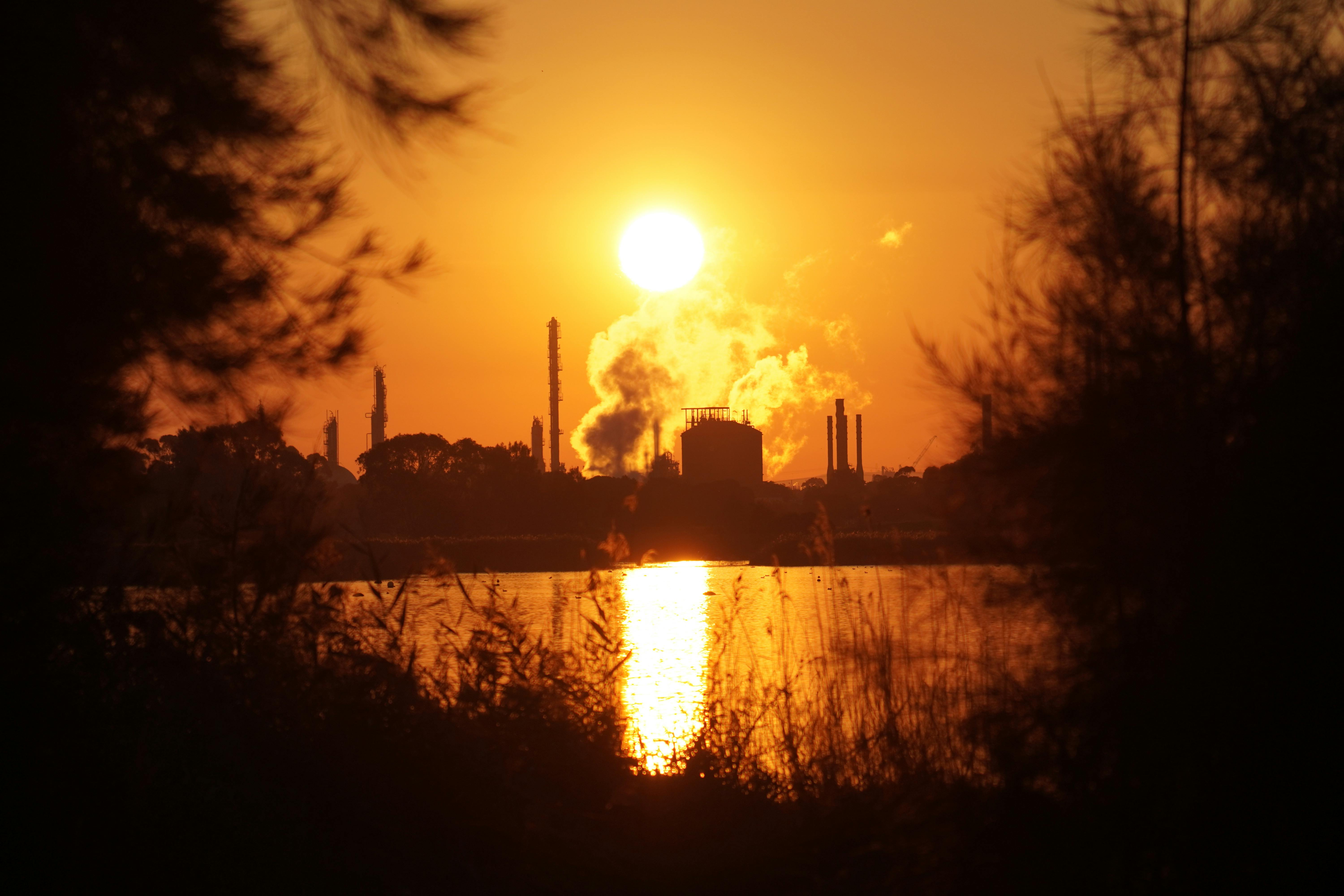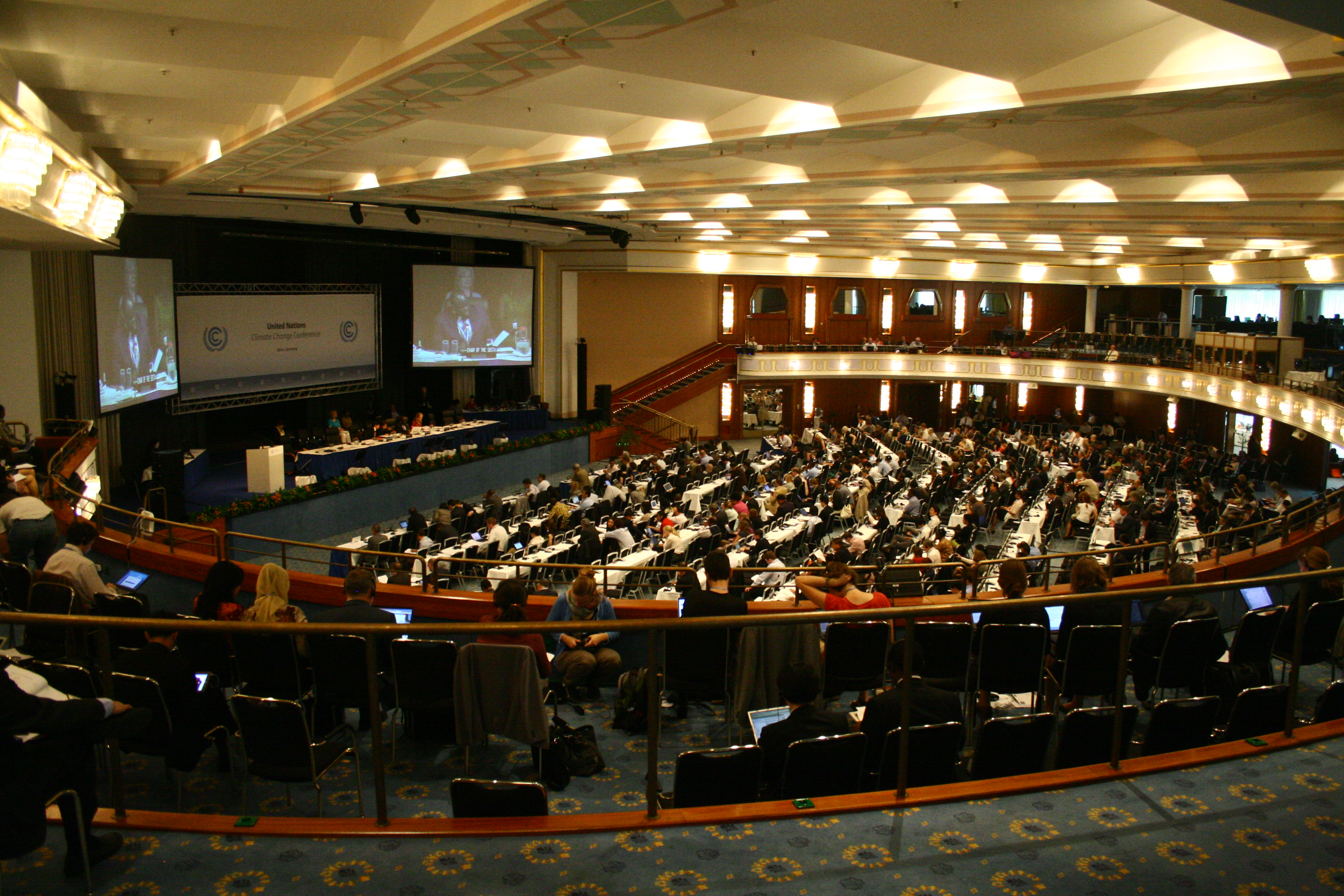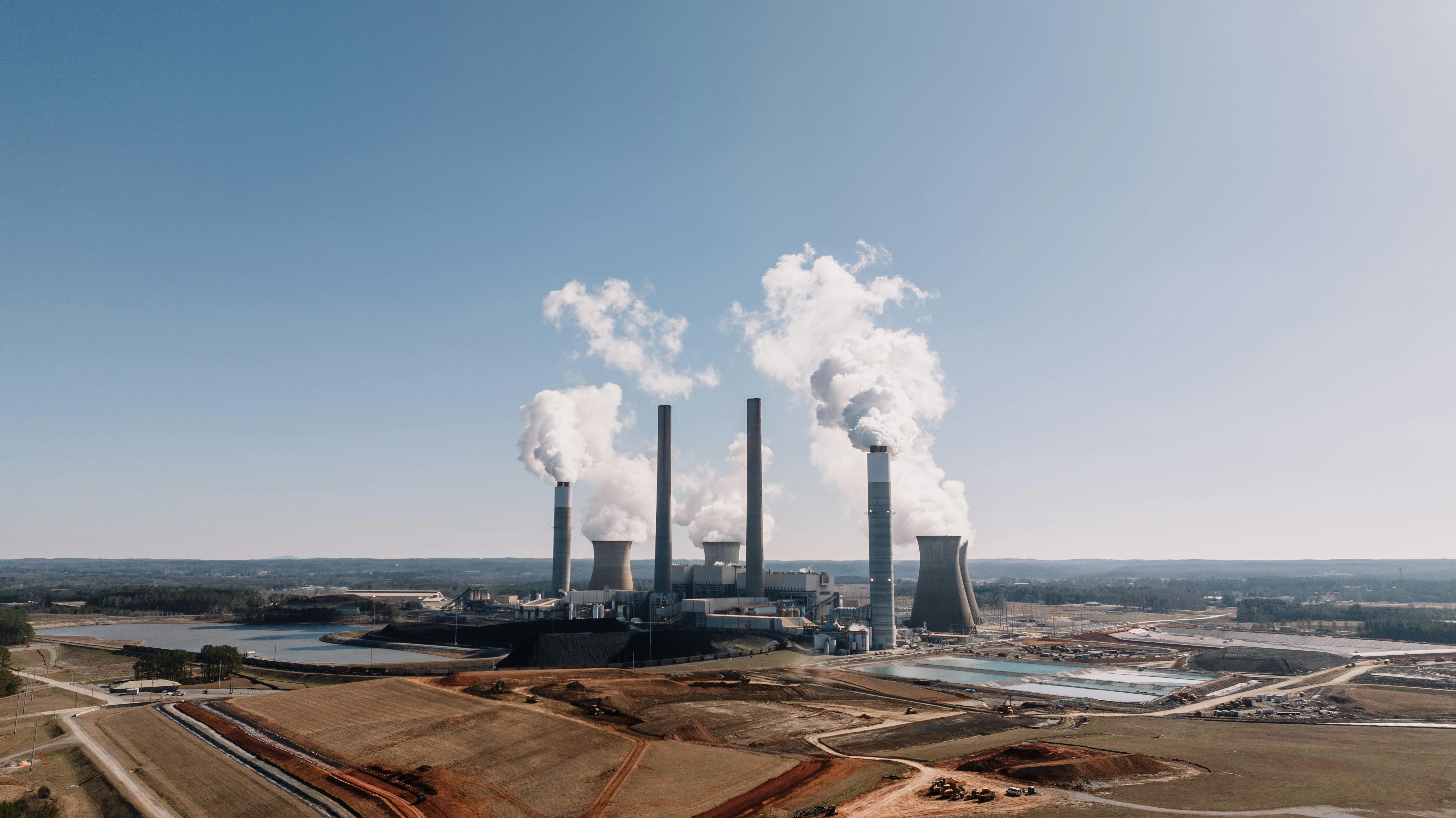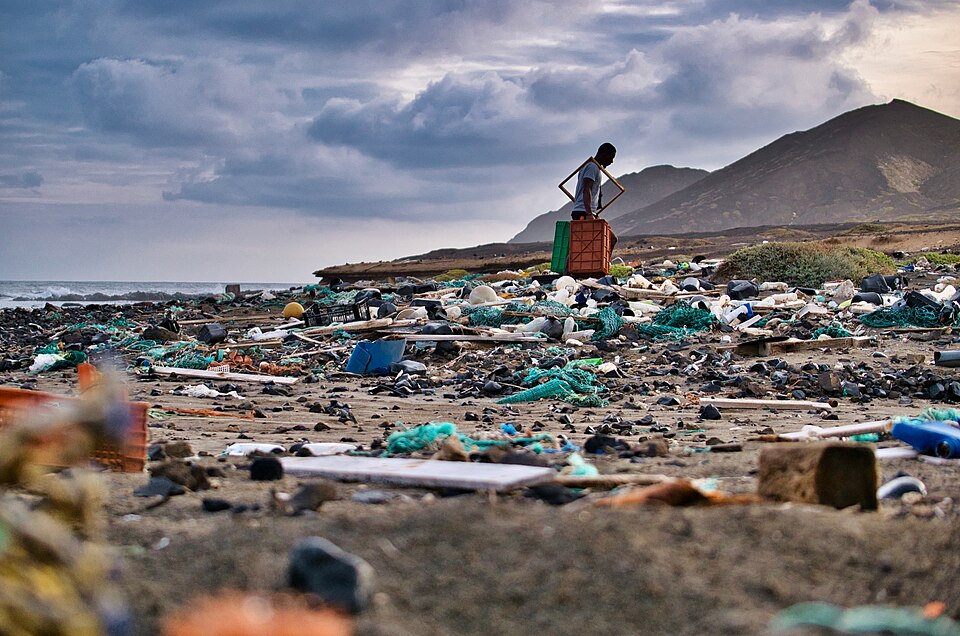At this point, the entire world will be suffering from climate change, and, in fact, fossil-fuel investments and carbon emissions are also increasingly coming from parts of the world that historically have not been responsible. The only way to deal with the issue effectively and credibly requires some type of international agreement, some level of international cooperation. There is no way in which only one country can solve the problem. This cannot be a unilateral political issue that is addressed only by the United States, only by the European Union or, for that matter, only by China.
Climate change and international politics
Professor of Political Science and International Relations
- Climate change demands cooperative international agreements, because no single nation, however powerful, can address its causes or impacts alone.
- Annual COP meetings, while slow, are indispensable for focusing global attention and compelling governments and citizens to confront climate issues.
- The old "north-south" responsibility divide is giving way to a “strong-weak" state dynamic as emerging economies gain capacity and emissions influence.
- Transfers of climate finance from the global north to the global south could deliver large returns but face political resistance.
Global action imperative
Climate change needs to be addressed by international politics, because it is an international issue to begin with. It is true that not all countries have been responsible for the problem. The early industrializers have produced more emissions and have contributed to climate change earlier in the process.
 © Pexels
© Pexels
Current international climate cooperation
The so-called conference of the parties belongs to the United Nations framework of doing climate politics; it is called the United Nations Framework Convention on Climate Change (the triple C). The first COP happened in 1995. The United Nations Framework Convention was established in 1992, and the reason it is a process that is set up within the United Nations is that the United Nations is the best type of institution that we have as a collective to give every country the possibility to speak about a problem that is quintessentially global.
 © Phinken
© Phinken
International frameworks like the United Nations Framework Convention on Climate Change are therefore fundamental to make sure that, every once in a while, all the relevant actors — lawyers, economists, investors, politicians — are in the same room to discuss the same issues at the same time.
Domestic salience
One thing that is critical about the process of climate negotiations (the annual meetings at the UN on climate change) is that there are moments in which the importance of climate change really takes all the oxygen in the newsroom. It takes all the oxygen out of prime ministers and heads of government, who have to fly into those meetings, give speeches and meet with other heads of government.
 © Vice-Presidência da República do Brasil
© Vice-Presidência da República do Brasil
Once a year, for one, if not two, weeks (these meetings are usually two weeks, but the high-level segment is usually only one week) much attention is paid to these meetings. We need these meetings, and we need to care about these meetings, because they increase what I call the domestic salience of climate change. It lets people think about what their situation is when it comes to climate change. It forces governments, institutions, but also citizens and voters, to confront their positionality toward climate change and also toward other countries that are possibly suffering more than they are from it — or that are possibly more responsible for the emissions that contribute to climate change. This is what I mean by domestic salience increasing during these meetings.
Relevance of north–south framing
International climate politics really picked up in the 1990s. Remember that the 1990s was the time when the Cold War had just ended, so all of a sudden we felt as if we were in a unipolar globe, for the most part dominated by the United States.
 © Pexels
© Pexels
It was made very clear that most of the responsibility for the emissions that contribute to climate change came from the global north, or what were called the Annex One countries — the industrialized rich states — while the developing world, what we now call the global south, needed to do something about climate change but was not meant to be deemed responsible for the issue. That frame made sense back then, but, of course, the world has evolved.
A lot of emerging economies in the global south have reached a level of development and, to some extent, concentrated wealth that is very much comparable to rich industrialized states. We still use the frames of the 1990s, however, of the early days of the United Nations Framework Convention on Climate Change, to speak about international climate politics.
Strong and weak states
I think that a better way to think about who really holds the power of deciding outcomes at the climate negotiations embedded in the conference of the parties is to think about strong states. These are states that simply have the capacity to do climate politics more credibly. Historically, they have been rich industrialized countries. They do not need to be. This is a more fluid definition precisely because thinking only about Europe, Japan, Australia and North America as the parties that will always have to do more on climate change is not historically updated.
Conversely, when thinking about the states that have a harder time making their case for their policies or their preferred policies at climate negotiations, we need to think about weak states. These are the ones that have a lower capacity and lower credibility to really push for climate change.
 © Pexels
© Pexels
Historically, weak states have been global-south countries, and they still are for the most part; they are the least developed countries of the continent of Africa and small islands. Weak states can still be very much politically pivotal because their weakness can be weaponized.
This has happened especially with the group of small islands that have been very influential in not all, but some, items discussed at COP negotiations. I think that, as more states also in the geographic global north become weak — because they will become more overwhelmed by climate change, because of austerity, because of the inflation crisis — they may end up really taking the side of those historically vulnerable countries that have made a point at climate negotiations.
Climate politics in emerging economies
China is essentially a new pole. It is a new country that clearly has a recent past as a developing nation, but it has developed an immense capacity to do climate policy credibly, and, as far as my definition goes, it is essentially a strong state, with the caveat that it is obviously not a democracy. The channel of political salience does not really apply to China, because the government is responding to technocratic decisions that are not taken from the bottom up; they are not democratically accountable.
In Brazil, there is an evident contrast between Brazilian companies, like Petrobras, that want to invest more in fossil fuels, and many increasingly strong organizations within the country that want to decouple. They want to decarbonize; they want to take more care of the Amazon rainforest.
 © Pexels
© Pexels
It is the same with Indonesia; it is still a coal powerhouse, but it is a country where environmental awareness is increasing. In those places, the interesting politics about climate are still not as full-fledged as they are in the global north. This is also partly because countries like Brazil and Indonesia still have a significant number of poor people; they still have poverty very clear in their minds.
For them, climate — and especially decommissioning fossil-fuel investments and decarbonizing — is a second-order issue compared to extracting and helping people emerge from poverty. We are not far away from these countries having what became the same type of political dynamics that I observed in the 2000s, for example, in the global north.
Impact and limits of climate finance
Climate finance, specifically climate financial transfers from the global north to the global south, can actually be among the most effective and cost-efficient ways for the world to get on with climate action. This is because $1, £1 or €1 invested in climate action in the global south has many more returns than it does when invested in the global north.
The problem is that, just as carbon taxes are usually a bit politically toxic because no one wants to be taxed, there is a general home bias when it comes to finance allocations across the world. Europeans, if asked, would want European money to be invested in European territories, and Americans want the same.
It is also worth saying that no climate transfer, no climate-finance agreement, will ever come without conditions, without costs. Often those transfers are done either as a form of loan or as a form of grant that comes with many other types of conditions, and not all global south countries unconditionally want money from the global north.
In principle, from a theoretical point of view, and certainly from an economics point of view, climate finance can do a lot of good to tackle climate change. The politics are really difficult, however, for the reasons I just mentioned.
Value of global climate summits
We cannot abandon international climate processes. Some skeptical voices, even among colleagues of mine, have been very frustrated by the slow pace and the gradual, marginal productivity of some of these COP meetings. I am of the belief that we need those processes, and I do not want to live in a world that does not have the UNFCCC or the COP meetings.
 © CaptainDarwin
© CaptainDarwin
That said, I completely understand that there is ample space for reforms if I were to advise the architects of the new legal system that may replace, perhaps, the Paris Agreement in the future. I believe that.
On an institutional, more legalistic side of things, one of the main problems of policymaking at the COP is that it is based on a unanimous vote. Essentially, there needs to be consensus across all the countries around the world that sit at the UN for bold agreements to be decided upon. Unanimity is a very, very difficult electoral rule to have, especially when the world is fragmented and when society is polarized. A move to supermajority rules, or to get some types of agreements done without unanimity, would be a welcome formal change in the way we do international climate politics. There is also a more practical suggestion that I would bring to the fore, which is that we need to really make sure that this continues to be a process that is inclusive.
Editor’s note: This article has been faithfully transcribed from the original interview filmed with the author, and carefully edited and proofread. Edit date: 2025
Discover more about
international climate change politics
Genovese, F. (2020). Weak states at global climate negotiations. Cambridge University Press.
Gaikwad, N., Genovese, F., & Tingley, D. (2025). Climate action from abroad: Assessing mass support for cross-border climate transfers. International Organization, 79(1), 146–172.
Bechtel, M. M., Genovese, F., & Scheve, K. F. (2019). Interests, norms, and support for the provision of global public goods: The case of climate cooperation. British Journal of Political Science, 49(4), 1333–1355.
Genovese, F. (2021). Market responses to global governance: International climate cooperation and Europe’s carbon trading. Business and Politics, 23(1), 91–123.